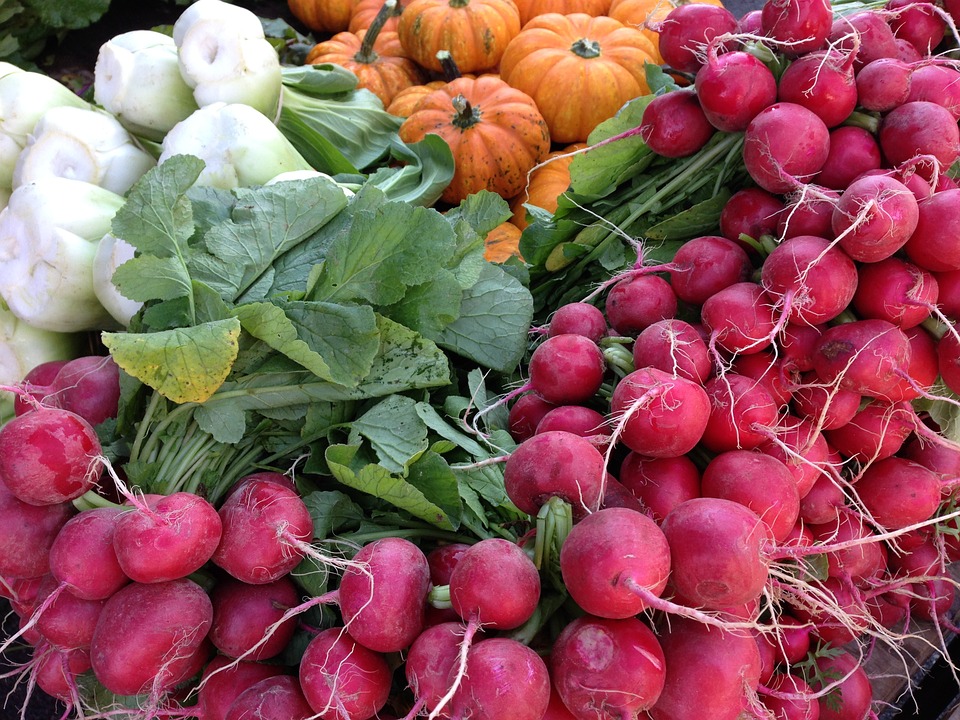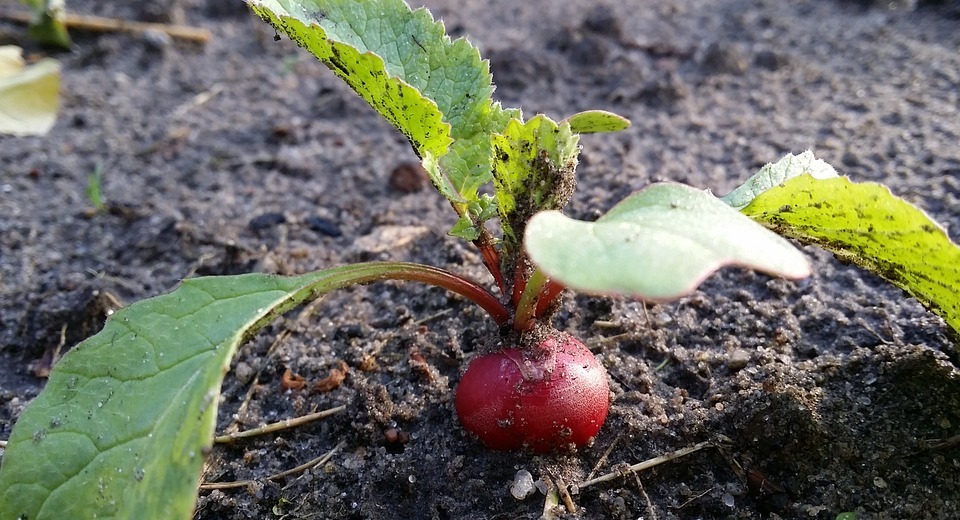Rabbits, with their adorable fluffy ears and playful personalities, are beloved pets. As responsible owners, we want to provide them with a healthy and enriching diet. This often leads to questions about the safety of various foods, including those we enjoy ourselves. One such food is the radish, a crunchy, peppery root vegetable. This article explores the intricacies of radish consumption for rabbits, providing you with a comprehensive understanding of their potential benefits, risks, and how to safely incorporate them into your rabbit's diet.
Part 1: Understanding Rabbit Nutrition and Dietary Needs

1.1. The Importance of a Balanced Diet
Rabbits are herbivores, primarily feeding on grasses and forbs in their natural habitat. A balanced diet in captivity should mimic this, consisting mainly of high-quality hay, fresh vegetables, and a small amount of pellets.
1.2. The Role of Fibre in Rabbit Health
Fibre is crucial for rabbit digestion. It helps maintain the health of their gut, prevents hairballs, and supports regular bowel movements. Hay is the primary source of fibre in a rabbit's diet, but vegetables like radishes can also contribute.
1.3. The Risks of Overfeeding and Sugar Intake
Overfeeding rabbits, especially with sugary treats, can lead to various health problems such as obesity, dental issues, and diabetes. It's essential to provide a balanced diet with controlled treats.
Part 2: The Nutritional Profile of Radishes

2.1. Vitamins and Minerals
Radishes offer a range of vitamins and minerals, including:
- Vitamin C: A powerful antioxidant that supports immune function, collagen production, and wound healing.
- Vitamin B6: Plays a role in metabolism, red blood cell production, and brain function.
- Potassium: Crucial for maintaining fluid balance, regulating blood pressure, and muscle function.
- Folate: Essential for cell growth and development, particularly important during pregnancy.
2.2. Low Calories and Fat Content
Radishes are relatively low in calories and fat, making them a potentially suitable treat for rabbits prone to weight gain. However, their sugar content needs to be considered.
2.3. Moderate Fibre Content
Radishes contain moderate amounts of fibre, which can contribute to healthy digestion in rabbits. This fibre helps to stimulate gut motility and prevent hairballs.
Part 3: Potential Benefits of Radishes for Rabbits
3.1. Supporting Digestive Health
The fibre content in radishes can aid in promoting healthy digestion. It adds bulk to the diet, stimulating the gut muscles and facilitating the passage of waste.
3.2. Antioxidant Properties
The antioxidants in radishes can help protect rabbit cells from damage caused by free radicals. This may contribute to their overall health and longevity.
3.3. Potential for Weight Management
Their low calorie and fat content make radishes a potentially good occasional treat for rabbits prone to weight gain. However, it's vital to consider their sugar content.
Part 4: Potential Risks of Radishes for Rabbits
4.1. High Sugar Content: The Biggest Concern
Radishes contain a significant amount of sugar compared to other vegetables commonly offered to rabbits. Excessive sugar intake can lead to:
- Dental Problems: Sugar can contribute to plaque and tartar buildup, leading to dental disease.
- Obesity: Excessive sugar intake can contribute to weight gain, increasing the risk of health complications.
- Diabetes: In rare cases, excessive sugar consumption can lead to diabetes in rabbits.
4.2. Gastrointestinal Upset
Some rabbits may experience digestive upset after consuming radishes, especially if they are not accustomed to them. This can manifest as diarrhoea, gas, or bloating.
4.3. Choking Hazard
Radishes are crunchy and can pose a choking hazard, especially for smaller rabbits or those who are prone to gulping down their food.
Part 5: Introducing Radishes to Your Rabbit's Diet: A Cautious Approach
5.1. Start Slowly and Observe
Introduce radishes gradually, starting with a small piece and observing your rabbit's reaction. Monitor for any signs of digestive upset. If all seems well, gradually increase the amount over several days.
5.2. Offer as an Occasional Treat
Radishes should be offered as an occasional treat, not a staple food. They should not constitute a significant portion of your rabbit's diet.
5.3. Choose Organic When Possible
Opt for organic radishes whenever possible, as they are less likely to be contaminated with pesticides or herbicides.
5.4. Thorough Washing
Always wash radishes thoroughly before offering them to your rabbit to remove any dirt or residue.
Part 6: Alternatives to Radishes
If you are unsure about introducing radishes to your rabbit's diet, there are several other safe and nutritious alternatives:
- Parsley: A good source of vitamins A, C, and K, as well as iron and folate.
- Cilantro: Rich in antioxidants and can aid digestion, but some rabbits may find its taste strong.
- Celery: Low in calories and fat, providing hydration and a good source of vitamin K.
- Bell Peppers: A good source of vitamin C, A, and K, as well as fibre.
- Spinach: High in vitamins A, C, and K, as well as iron and folate, but should be offered in moderation due to its oxalic acid content.
- Dandelion Greens: High in vitamins A, C, and K, as well as potassium and iron.
- Basil: A good source of vitamin K and antioxidants, but some rabbits may find its taste strong.
Part 7: FAQs
7.1. Can rabbits eat radish leaves?
Yes, radish leaves are generally safe for rabbits. They contain a similar nutritional profile to the root and can be a tasty treat.
7.2. How often can I give my rabbit radishes?
Due to their high sugar content, radishes should be offered as an occasional treat, no more than once or twice a week, and in small quantities.
7.3. What if my rabbit shows signs of digestive upset after eating radishes?
If your rabbit experiences diarrhoea, gas, or bloating after consuming radishes, stop offering them immediately. Monitor your rabbit closely and consider consulting your veterinarian if the symptoms persist.
7.4. Can baby rabbits eat radishes?
It is best to avoid feeding radishes to baby rabbits, as their digestive systems are still developing and may not be able to handle them.
7.5. Are all types of radishes safe for rabbits?
Most common types of radishes are safe for rabbits. However, it is best to stick to the standard varieties and avoid any exotic or unusual radishes.
7.6. Can I cook radishes for my rabbit?
It is best to offer radishes to your rabbit raw. Cooking can destroy some of their nutritional value and make them less palatable.
Conclusion
While radishes can be a nutritious and enjoyable treat for rabbits, their high sugar content and potential for digestive upset warrant a cautious approach. It's essential to introduce them gradually, observe your rabbit's reaction, and limit their consumption to occasional treats. Prioritize a balanced diet primarily based on high-quality hay, fresh vegetables, and a small amount of pellets. If you have any concerns about your rabbit's diet, consult with your veterinarian.
Everyone is watching
-

Do Rabbits Lay Eggs? (The Surprising Truth)
OTHER TYPES OF PETSThis article will unravel the common misconception that rabbits lay eggs, exploring the fascinating world of r...
-

What's a Group of Rabbits Called? (A Comprehensive Guide)
OTHER TYPES OF PETSThis article delves into the fascinating world of rabbits, exploring the various terms used to describe a grou...
-

Can Rabbits Eat Grapes? A Guide to Safe Rabbit Treats
OTHER TYPES OF PETSThis comprehensive guide will explore the safety and suitability of grapes for rabbits, providing detailed inf...
-

Predators That Hunt Rabbits: A Guide to Natural Enemies
OTHER TYPES OF PETSI've always been fascinated by the circle of life, that delicate dance between predator and prey. Growing up ...
-

Are Rabbits Nocturnal Animals?
OTHER TYPES OF PETSThe question of whether rabbits are nocturnal animals is a fascinating one, with a surprisingly complex answer...
